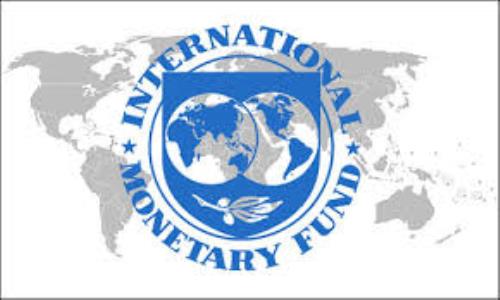How Nigeria navigates through the coronavirus storm will certainly influence its economic outlook well beyond 2020.
Over the past few months, the COVID-19 menace has wreaked havoc across Africa’s largest economy, digging its poisonous claws into major industries and sectors. No prisoners were taken, as manufacturing, agriculture, services and oil fell victim to the widespread disruptions. Although the country was able to expand 1.87% during the first quarter of 2020, the outlook for the rest of the year remains depressing thanks to a combination of negative external and domestic factors. Major institutions including the International Monetary Fund (IMF) have expressed concerns over Nigeria’s outlook. It was only yesterday that the IMF said that economic growth will contract by 5.4% this year compared to the -3.2% estimate in April.
In the past, Nigeria has experienced many trials ranging from severely depressed oil prices, US-China trade uncertainty and slowing economic growth in China among many other themes but COVID-19 is different. Africa’s largest economy is dealing with a health crisis that presents lasting psychological consequences on business confidence and consumer behaviour. The next few months may be rough and rocky, especially when factoring how oil-output curbs could deepen thanks to recorded coronavirus cases in some offshore oil sites and remote locations. With revenue from crude and natural gas exports reportedly falling 31% from February amid low oil prices, this places the Central Bank of Nigeria and government in a tricky position. If foreign exchange reserves and government revenues decline during the second half of 2020, there will be limited ammunition to defend against COVID-19.
Speaking of ammunition, Nigeria has approved a whopping 2.3 trillion Naira economic stimulus plan to help the disruptions caused by this health crisis. The World Bank has also approved a $750 million loan to Nigeria’s power sector, something that could support the private sector. It will be interesting to see whether the combination of monetary policy and fiscal policy will be enough to guide Nigeria through the current storm.
Culled from Nigeria Communications Week


